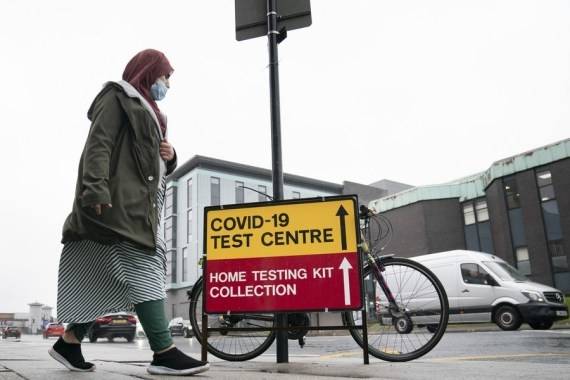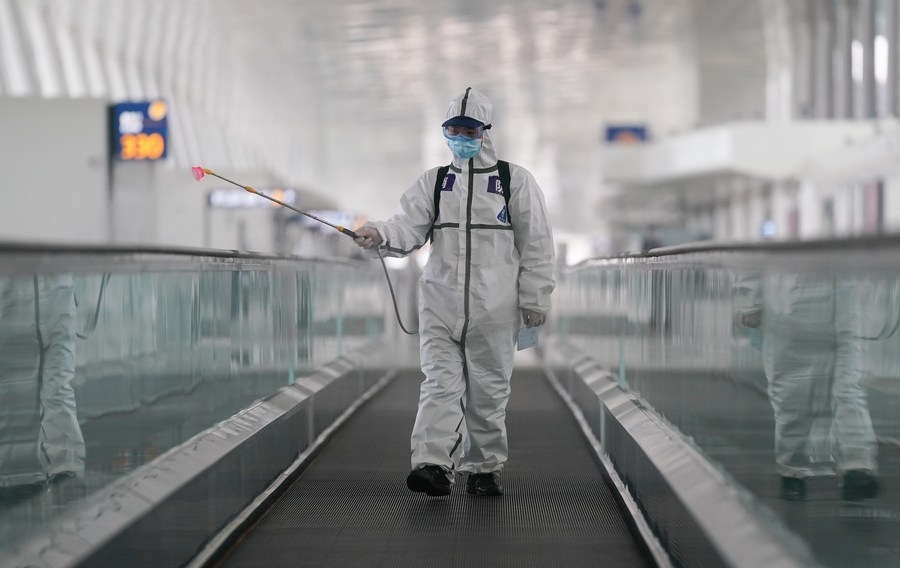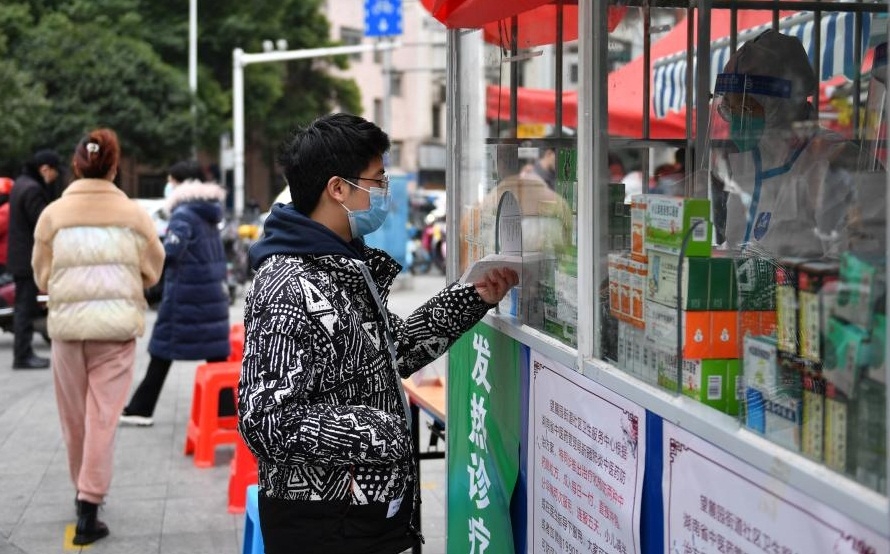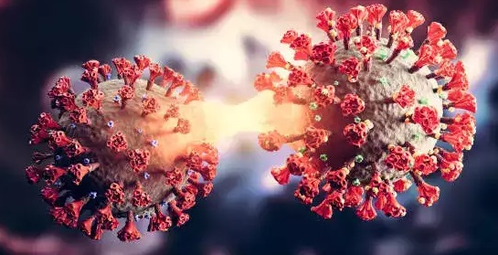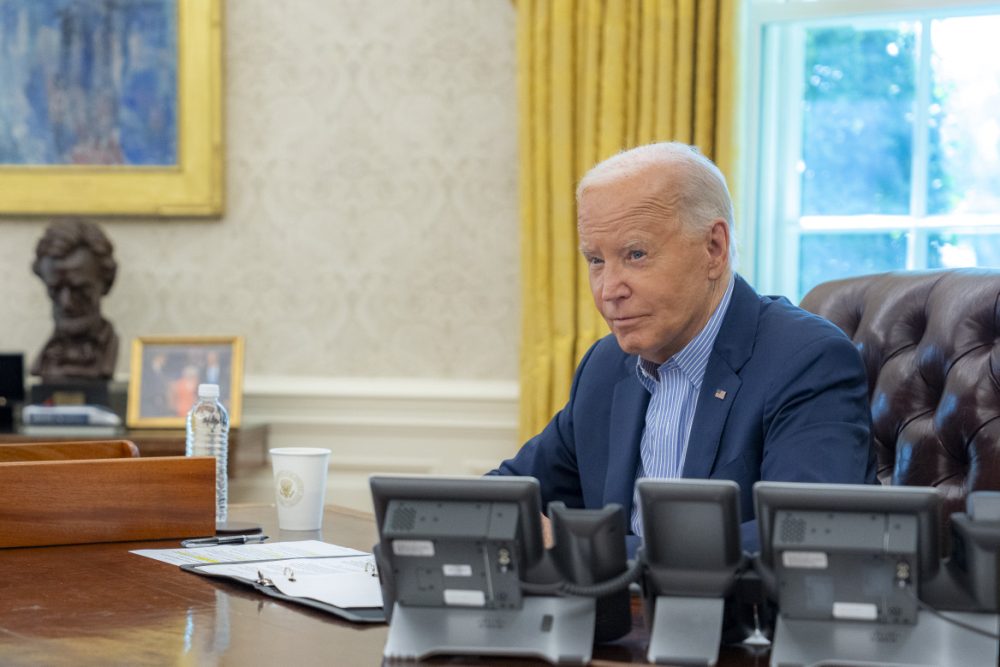This was after a change in guidance that led to widespread confusion…reports Asian Lite News
The government has backtracked over travel advice for eight areas worst hit by the new virus variant first detected in India.
This was after a change in guidance that led to widespread confusion, the BBC reported.
The amended advice asks people to minimise travel into and out of Bolton, Blackburn, Kirklees, Bedford, Burnley, Leicester, Hounslow and North Tyneside.
Earlier advice had asked people to avoid non-essential travel altogether.
“We’ve updated the guidance online to make it clearer that these are not local restrictions and we do acknowledge the confusion this caused [on Tuesday],” the Downing Street spokesman said.
According to BBC, many people cancelled plans at short notice after it emerged on Monday that advice specifically for the eight areas had been published the previous week without any government announcement, which included asking people to avoid non-essential travel.
The new advice – updated on Tuesday evening – asks people in the affected areas to meet outdoors and stay two metres apart from anyone in other households, wherever those things are possible.
That advice also refers people to their local authorities’ Covid-19 guidance and says anyone travelling to red or amber list countries should arrange “a testing or managed quarantine package”.
From May 17 as part of the government’s lockdown easing plan, pubs, bars and restaurants in England were permitted to open indoors, while indoor entertainment resumed, including cinemas, museums and children’s play areas.
People were also allowed to travel abroad to a number of green-list countries without having to quarantine upon return as the ban on foreign travel has also been lifted.
The government’s roadmap is expected to see all legal limits on social contact to be removed on June 21.
In a paper published on May 21, the government’s Scientific Advisory Group for Emergencies (SAGE) said coronavirus may continue to evolve for years to come and that “eradication is extremely unlikely”.
The experts warn that eventually it is likely “current vaccines will fail to protect against transmission, infection, or even against disease caused by newer variants”.
ALSO READ: 73% decline in foreign travellers visiting UK in 2020


